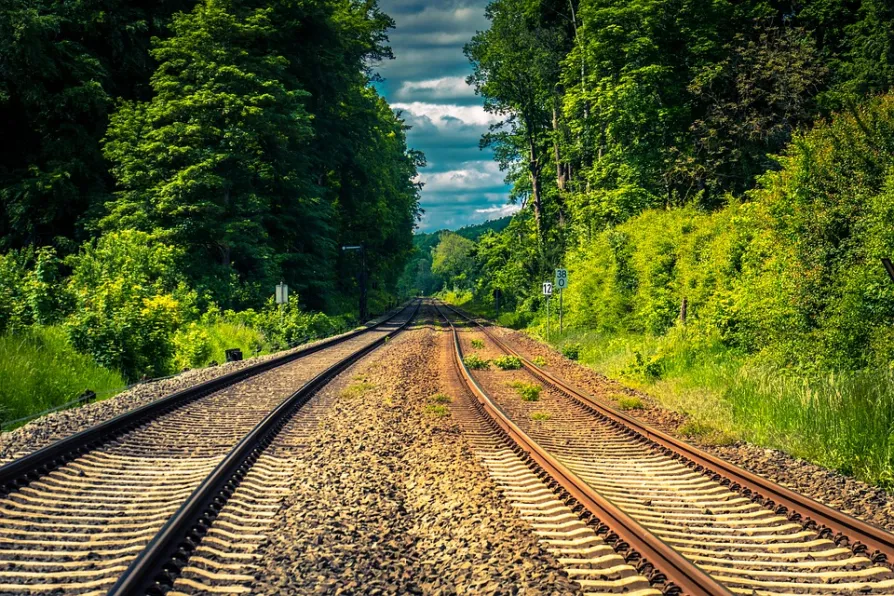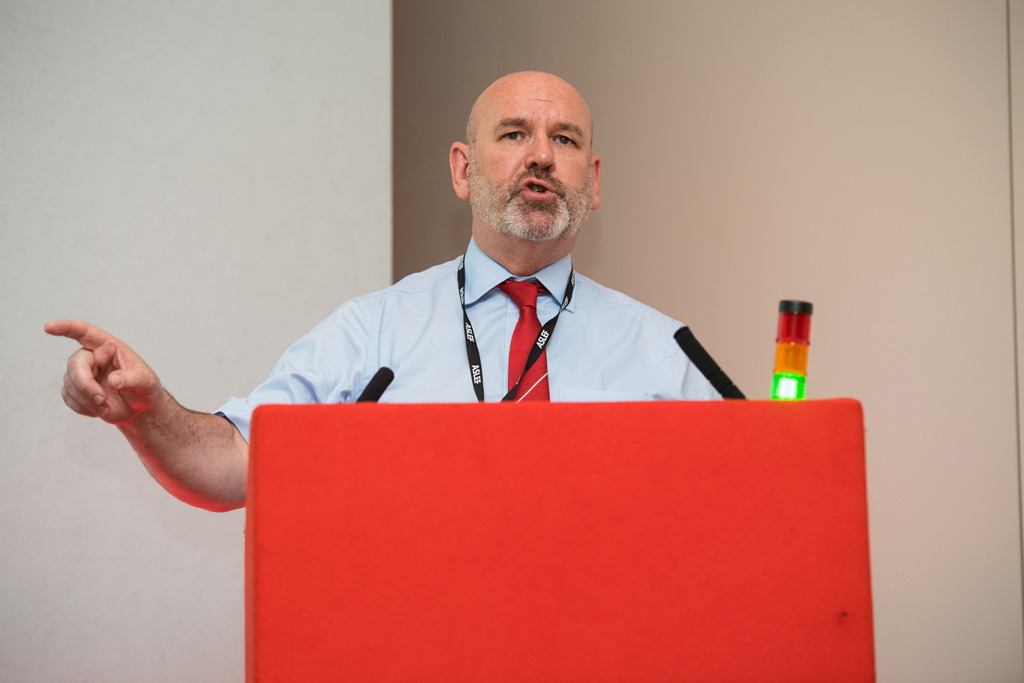The Carpathia isn’t coming to rescue this government still swimming in the mire, writes LINDA PENTZ GUNTER

 Transport is the biggest polluter, in terms of greenhouse gasses, responsible for 27 per cent of total emissions - but rail accounts for less than 2 per cent of this
Transport is the biggest polluter, in terms of greenhouse gasses, responsible for 27 per cent of total emissions - but rail accounts for less than 2 per cent of this
BRITAIN, under the terms of the Kyoto agreement, which was adopted in 1997 and came into force in 2005, must reduce emissions by 80-95 per cent compared with 1990.
The Climate Change Act 2008 goes further, with Britain committed to a 34 per cent reduction in emissions by 2020 and a reduction of 80 per cent by 2050.
Transport is the biggest polluter, in terms of greenhouse gasses, responsible for 27 per cent of total emissions.

Two-hundred years ago, on September 27 1825, the world’s first passenger railway line was opened between Stockton and Darlington. MICK WHELAN, general secretary of Aslef, the train drivers’ union, reflects on the history – and the future – of Britain’s railway industry

On the eve of the 157th Trades Union Congress, MICK WHELAN, general secretary of Aslef, the train drivers’ union, celebrates victory in his campaign to get dignity for drivers at work

Our groundbreaking report reveals how private rail companies are bleeding millions from public coffers through exploitative leasing practices — but we have the solutions, writes Aslef Scottish organiser KEVIN LINDSAY











